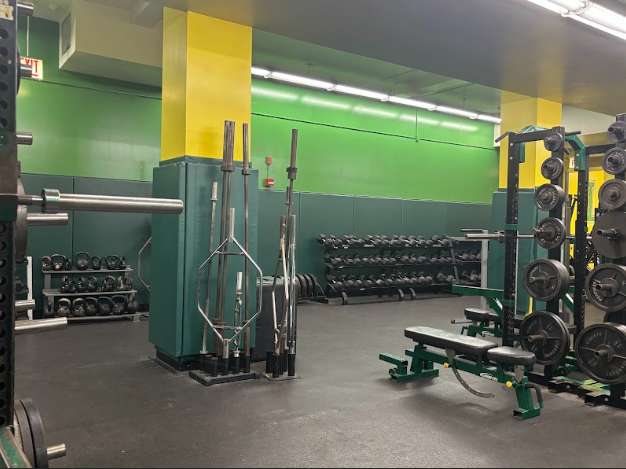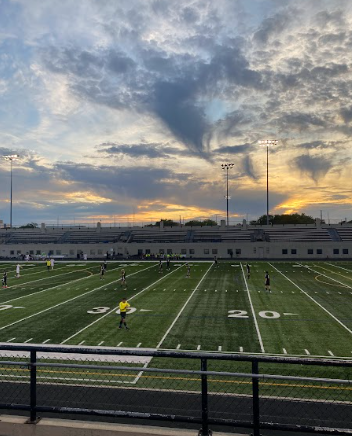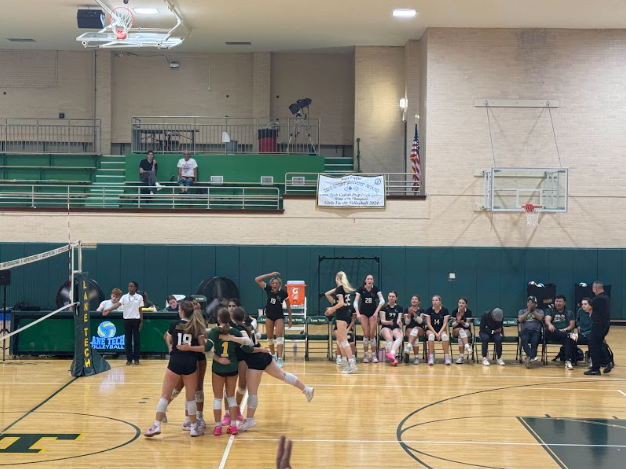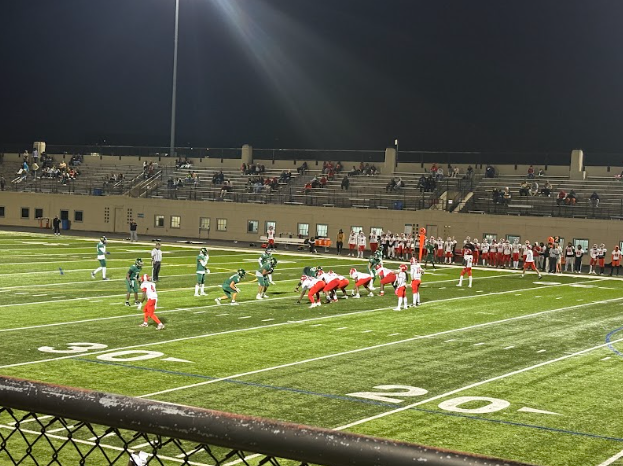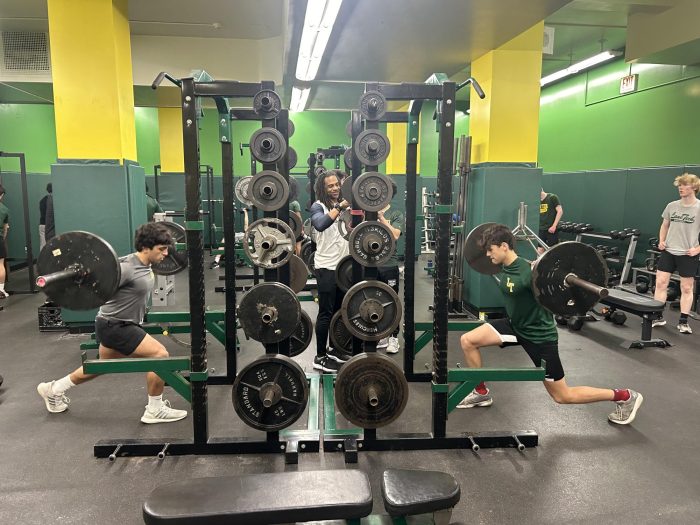Athletes put their all into their sports but it comes with the risk of damaging their own bodies. The pressure of sports with the added pressure of school can cause stress and affect mental health, and when injured, the students’ mental health can be easily overlooked.
Balancing school and sports can be challenging, but when athletes are sidelined due to injury, it can be even more challenging. According to the National Library of Medicine, “Athletic injury negatively impacts the mental health of athletes. Likewise, mental health can and does influence athletic performance and is also intimately tied to the risk of athletic injury, thus creating a complex cycle with inability to separate physical and mental health.”
Recovering from an injury is mentally challenging; it puts a direct mental strain on athletes. Brent Bradish, the athletic director at Lane, said that an injury can introduce questions such as, “Am I good enough? Am I strong enough? Can I really, you know, twist and turn my body this way? Am I really at 100% or do I need to back off a little bit?… You’re afraid to push it to the limit,” Bradish said.
Athletes can see a direct impact to their mental health when recovering or trying to push back at an injury. One athlete, Autumn Wolfman, a cross country runner, explains how she feels while in recovery from an injury saying, ”I feel like because I am not pushing through that pain in my hip, I am not as dedicated to running as my teammates are.”
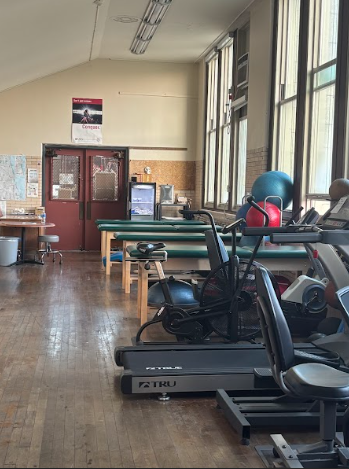
Injured student athletes struggle with the question of whether or not they should just play through their pain. The NCAA estimated fewer than 6% of athletes go on to participate in intercollegiate sports after high school. High school athletes with injuries are getting sidelined at the very end of their sport career and due to this, athletes are presented with a challenge wondering if they can just push through an injury.
“In high school, you’re kind of right there at the peak of your competitive career,” Bradish said. “You’ve been playing this sport your whole life…. And so then when you do get injured, it becomes a real blow to being able to compete at that level. How long am I going to be able to compete? Is this injury going to keep me from being able to compete again?”
Marcus Malou, the athletic trainer at Lane, said that everyone is different when recovering — some want to seek recovery and are OK sitting out, although some athletes rely on their sport more and push themselves past a point of recovery just to play one more game.
“I’ve had athletes not mention injuries, and it ends up taking them longer just because they purposely avoid me or just avoid being seen by a physician or a physical therapist, just to kind of play through an injury, just because they do not want to miss game time,” Malou said.
Bradish said sports injuries can hold you back from homework or other priorities as they can take over your thinking which can make it a challenge to keep your recovery out of the rest of our life.
“That is hard to balance, right? I think it’s tempting to just kind of give up and mentally shut down, when, in reality, things in your athletic life might shut down for a while, while you recover, but you can’t let that also translate into your school, because that’s your job,” Bradish said.

